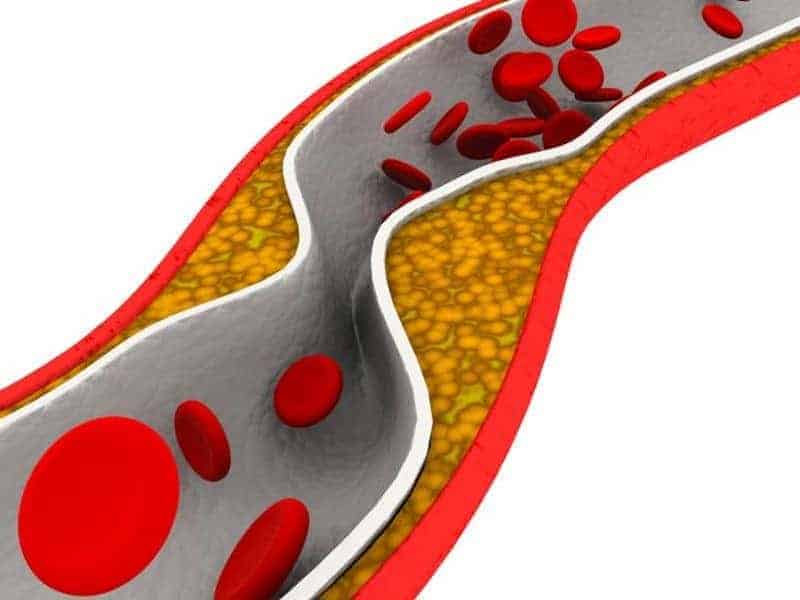FRIDAY, May 24, 2019 (HealthDay News) — Removal of low-density lipoproteins (LDL) by extracorporeal filtration during LDL-apheresis (LDL-A) is associated with a large reduction in mean LDL in acute coronary syndrome (ACS) patients treated with percutaneous coronary intervention (PCI), according to a study presented at the annual meeting of the Society for Cardiovascular Angiography and Interventions, held from May 19 to 20 in Las Vegas.
Subhash Banerjee, M.D., from the VA North Texas Health Care System & the University of Texas Southwestern Medical Center in Dallas, and colleagues randomly assigned 160 ACS patients within 72 hours of an uncomplicated PCI to either intensive lipid lowering comprising single LDL-A or no LDL-A on background statin therapy.
The researchers found that the mean LDL reduction at discharge was 53 and 17 percent in the LDL-A and no LDL-A groups, respectively (P < 0.0001). In both groups, the primary safety end points were similar. The primary efficacy end point of percent change in atheroma volume at 90 days by intravascular ultrasound decreased by an average of 5.46 percent in the LDL-A group (95 percent confidence interval, −10.11 to −0.81) and increased by an average of 2.59 percent in the no LDL-A group (95 percent confidence interval, −4.46 to 9.64; P = 0.06).
“We saw that LDL levels remained low for up to six weeks, giving patients critical time to jumpstart their recovery after a heart attack,” Banerjee said in a statement. “More work in this area is needed to demonstrate clinical benefit of this therapy.”
Press Release
More Information
Copyright © 2019 HealthDay. All rights reserved.



